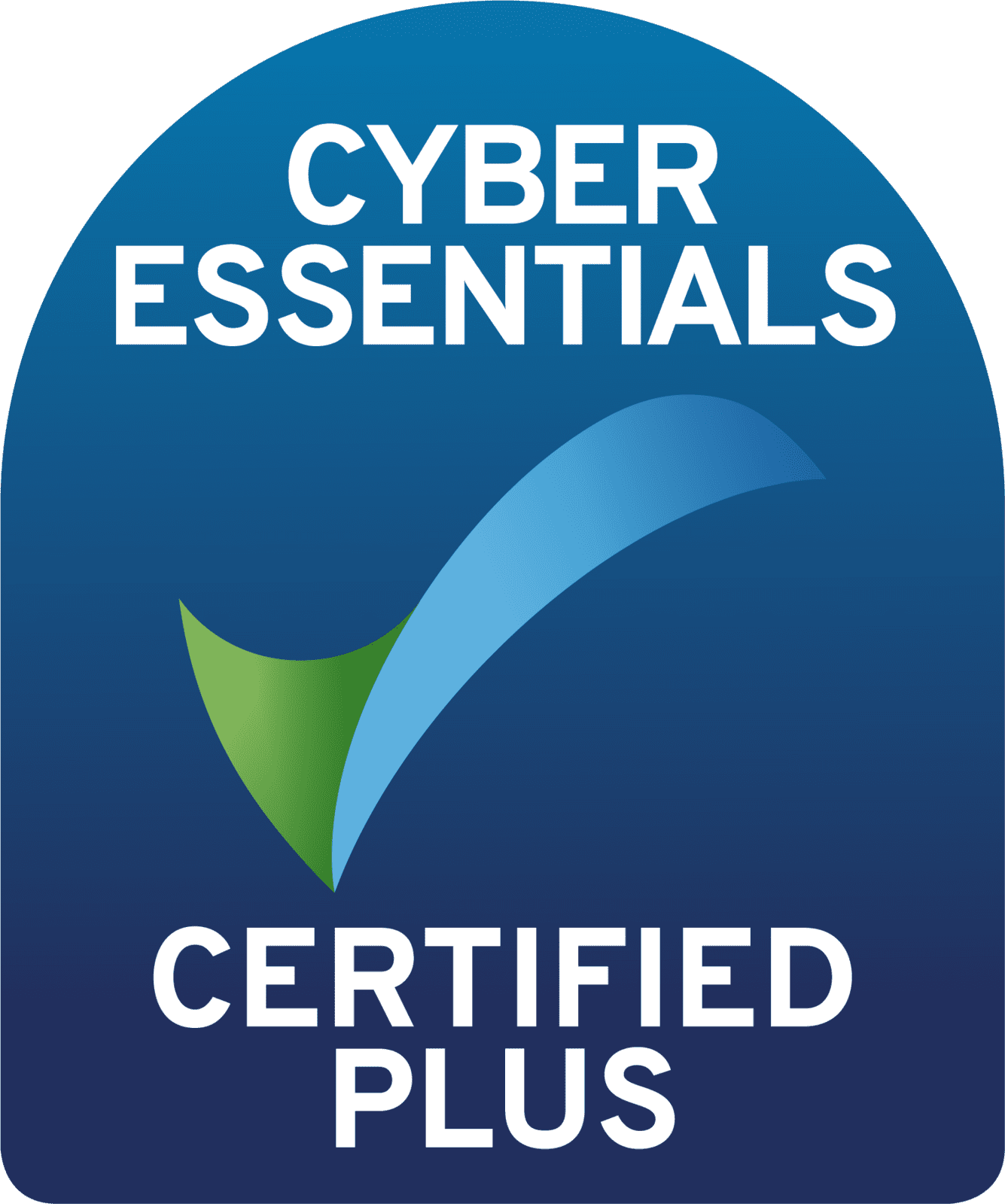Mastering Cash Flow: Unlocking Growth and Resilience
For any business, navigating the dynamic landscape of the marketplace demands agility and precision. Yet, often overlooked in the pursuit of market share and innovation lies a fundamental driver of long-term success: cash flow management. It can be the ultimate influence of a company's ability to thrive or survive.
What is cash flow?
Cash flow identifies the income and expenses of your business. It's not just about profit; it's about the timing of those receipts and expenses. A positive cash flow signifies a surplus, breathing room for strategic investments, unforeseen expenses, and ultimately, a brighter future. On the contrary, if handled incorrectly a negative cash flow can lead to many issues such as delayed payments, strained relationships with suppliers, and the constant anxiety of potential insolvency.
Proactive Strategies for a Healthy Cash flow
Recognising the importance of a cash flow to a business is one step however, actively managing the cash flow is another. Fortunately, proactive strategies can transform even the most turbulent cash flow into a steady, predictable stream. Here are some critical approaches:
- Precise Forecasting: Develop an accurate P&L and cash flow forecast, know your business run rate, and anticipate peaks and dips in income and expenses. This allows for strategic planning and timely adjustments.
- Realistic: Whilst the temptation may be to create a positive outlook, the cash flow should be used as a tool to ensure effective cash management and a non-realistic approach may lead to incorrect decision making.
- Contingency cash fund: Always aim to build up a cash reserve that can cover three to six months of expenses and manage this strictly. Be prepared for the unexpected. This solution can help you tackle unforeseen circumstances or unexpected costs with ease.
- Break-Even Analysis: This can be a strategic tool for optimising cash flow, by understanding the break-even point businesses can make informed decisions about pricing strategies, sales volumes, cost management, and investment opportunities.
- Payment Optimisation: Implement clear payment terms with clients, offer early payment discounts, for larger projects ask for an initial deposit and payments on milestone delivery and consider factoring options to expedite receivables.
- Vendor Management: Effectively manage vendors by compiling a centralised vendor database, building strong relations, negotiating the prices and favourable payment terms, monitoring performance and identifying cost-saving opportunities.
- Inventory Management: Streamline inventory levels, adopting just-in-time deliveries or lean manufacturing principles to avoid tying up valuable cash in unsold stock.
- Automated Systems: Leverage technology to automate invoicing, expense tracking and reconciliation, minimising manual errors and streamlining cash flow management.
Treat as an ongoing process
Cash flow management needs to be an ongoing process requiring adaptation and analysis to facilitate key decisions and strategies to build a safety buffer and assist with growth and long-term success. Businesses can optimise their cash flow by proactively monitoring, adapting to changing business needs, responding to external factors and managing working capital.
When to Bring in the Experts
- You face consistent cash flow challenges despite internal efforts.
- You lack the financial expertise or bandwidth to manage the flow effectively.
- Your business is undergoing significant changes like expansion or restructuring.





